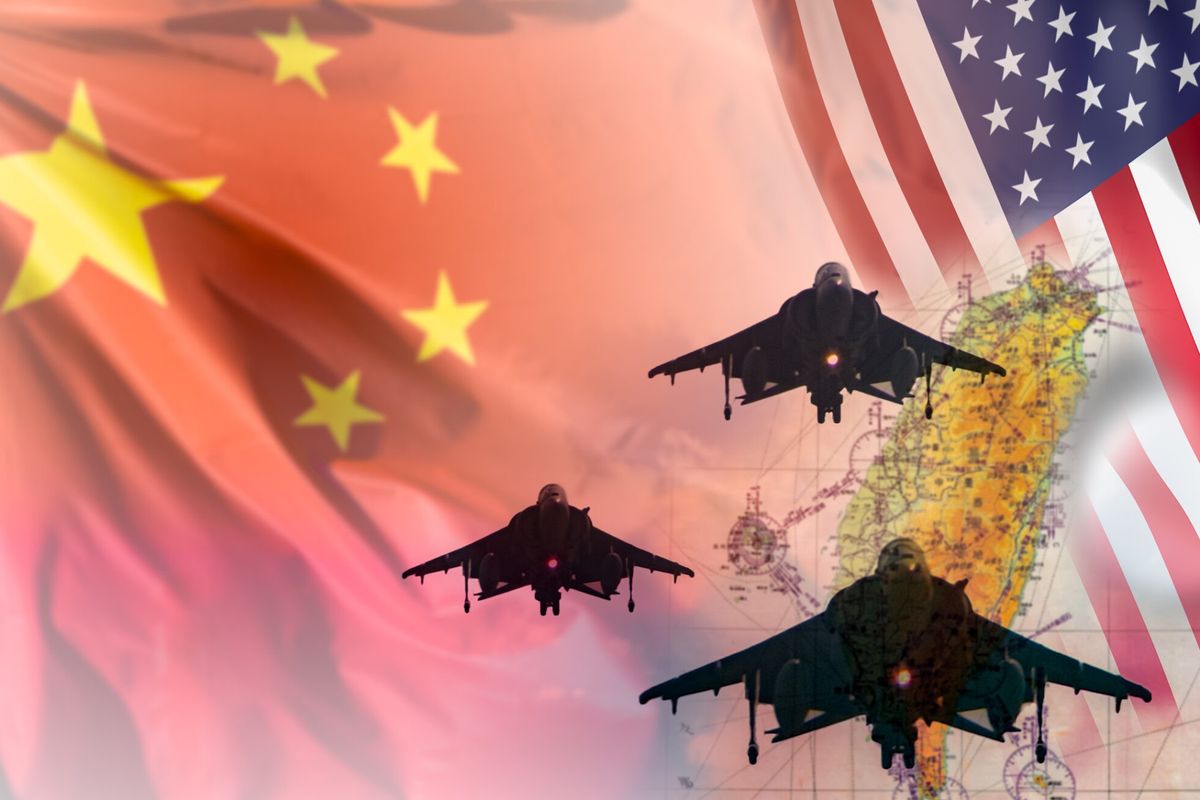The Cipher Brief sat down with Paola Ávila, the Vice President of International Business Affairs at the San Diego Regional Chamber of Commerce, to discuss the benefits of increased U.S. economic integration with Mexico. Ávila shared why she is a strong proponent of a more open U.S.-Mexican border, and the positive consequence it can have for cross-border industries.
The Cipher Brief: How are recent political, social, and economic changes in Mexico affecting U.S.-Mexican relations?
Paola Ávila: The U.S. and Mexico have historically held strong diplomatic and economic ties; this relationship has only increased with time and is expected to grow further with recent reforms and potential new trade agreements. In addition to the close cultural ties that form the basis for the relationship, our economies are inextricably linked. Mexico’s economy is largely dependent on the U.S. economy and vice versa. Each represents such a significant percentage of the other’s export market that the economic growth of one country directly impacts the economic growth of the other.
Recent economic reforms by the Mexican government that opened their markets to foreign investment, especially in the energy and telecommunications sectors, further increased the ties between the two countries. These changes in Mexico created investment opportunities for American companies, which never before existed.
Another significant policy move that has impacted this relationship is the implementation of the U.S.–Mexico High Level Economic Dialogue, a bilateral initiative launched two years ago to coordinate economic priorities at the cabinet level of the respective countries. The initiative has in particular created a close working relationship between the secretaries of the economy, who boast many joint accomplishments, among them: a signed Memorandum of Intent regarding cooperation on investment promotion; coordinated binational strategic freight plans; launched border cluster mapping pilots; completed border master plans, and began negotiations to modernize their Bilateral Air Service Agreement.
TCB: Specifically, how has the North American Free Trade Agreement (NAFTA) affected U.S.-Mexican economic relations? What have been the tradeoffs?
PÁ: NAFTA, through the elimination of tariffs, has allowed companies to create cost saving supply chains, specifically along the U.S.-Mexico border, where product components cross the border multiple times before the finished product is shipped out to market. This production sharing component of manufacturing has further strengthened the economic relationship between Mexico and the U.S.
Since NAFTA’s implementation 20 years ago, trade between the countries has grown significantly from $290 billion to more than $1.1 trillion. Mexico’s economy in particular has grown and benefited from NAFTA. The U.S. as a result has seen a lower rate of immigration (nearly a net zero influx) from Mexico in recent years due to the expanding economic opportunities and job creation in Mexico.
With the most recent achievement of a new trade agreement, known as the Trans-Pacific Partnership (TPP), the relationship between Mexico and the U.S., both of whom form part of the 12-country agreement, continues to develop. This new trade agreement is seen as an update of components of NAFTA, which did not include intellectual property protections and the new environmental standards.
TCB: Looking forward, what opportunities are there for increasing U.S.-Mexican business ties? Which industries stand to benefit most from this, and how will they benefit?
PÁ: With Mexico’s recent energy and telecommunications reforms, the two industries stand to gain significantly with opportunities for cross-border projects and competition in those markets. In the near future, we will see increased energy integration where we import and export energy between the U.S. and Mexico. In the telecommunications sector, the market will become more competitive where none previously existed. We are already seeing American companies investing in Mexican telecommunications companies and increasing competition.
TCB: What are the challenges to increasing these ties? What role can our respective governments play in increasing U.S.-Mexican trade and business relations?
PÁ: Throughout the history of this relationship, administrations, regardless of political affiliation, have recognized its critical importance and interdependency. Now more than ever, our economies are interdependent. Yet, maintaining this high level of cooperation is not a given. With an increased burden on government budgets and lacking the physical infrastructure at the border which unites us, our greatest challenge is funding the necessary improvements and projects that will enhance cross-border trade and hence these ties. It will be important for representatives at each level of government, regardless of political affiliation, to see the economic potential of enhancing ties through adequate funding and economic development strategies. It is only through the efficient movement of people and goods across our borders that we can truly achieve security at our borders. Security is what’s critical to attractive foreign investment in both countries.












